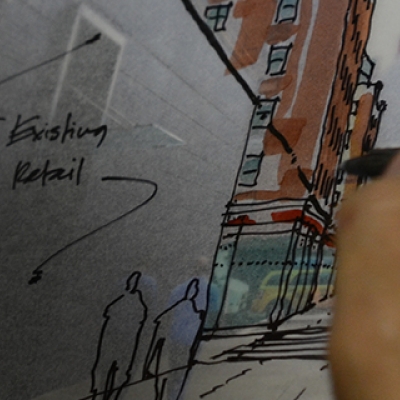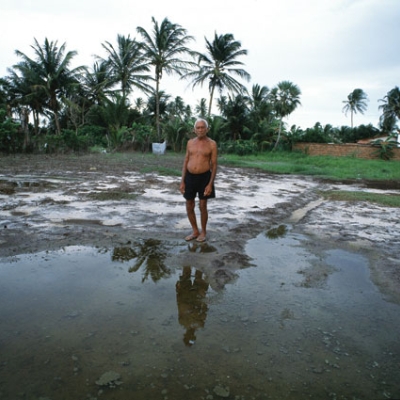
9 Questions on Climate Change and Health Every Candidate Should Answer
By Linda Rudolph, Kathy Dervin / On November 7th, 2016
Climate change remains the greatest health challenge of this century — but the candidates aren’t talking about it.








